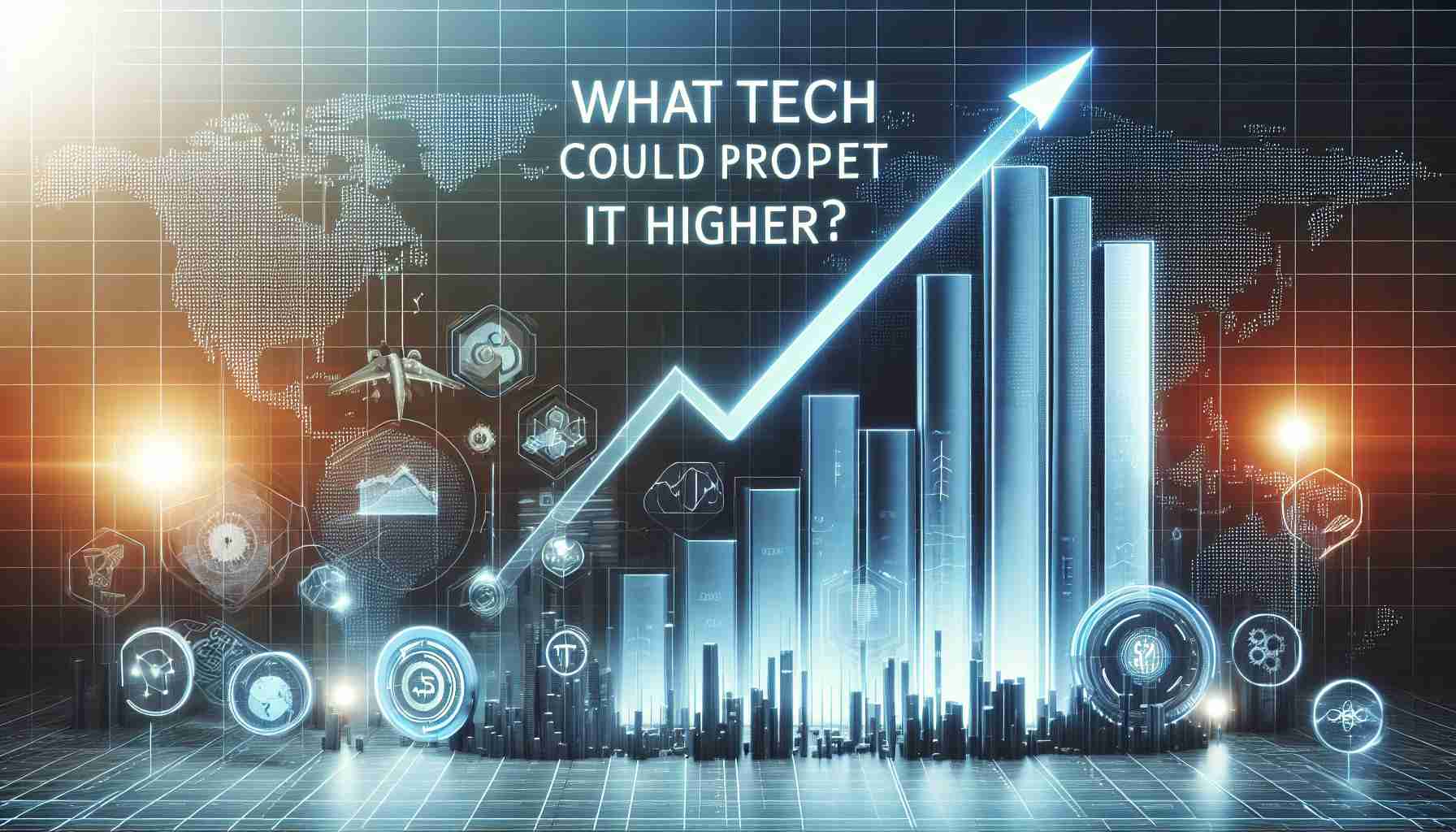In a groundbreaking collaboration, scientists at the RIKEN Center for Quantum Computing and Toshiba have achieved a monumental leap in quantum computing technology. This latest innovation isn’t just about progress—it’s paving the way for a new technological era.
Revolutionary Quantum Interface
This advancement introduces a double-transmon coupler (DTC), a novel quantum gate that enhances performance significantly. While fidelity rates of 99.98% for single-qubit gates and 99.92% for complex two-qubit gates mark a substantial improvement, the real story lies in its implications for the practical application of quantum computing.
The Shift Toward Practical Applications
Beyond impeccable fidelity, this breakthrough marks a critical step toward commercializing quantum computing. The double-transmon coupler embodies a move toward more sophisticated designs that promise scalable quantum systems accessible for large-scale production and use in various industries.
Bridging the Chasm of Error
Error correction stands as one of the paramount challenges in quantum computing. The precision enabled by the new DTC technology offers hope for more robust error correction strategies, essential for achieving fault-tolerant quantum systems. This enhancement is crucial for maintaining accuracy across extensive quantum operations.
Navigating the Environmental and Ethical Landscape
Despite tremendous progress, significant hurdles remain. Scalability and resource consumption pose substantial challenges, leading to concerns over environmental sustainability. Additionally, the potential disruption of current encryption methods raises ethical considerations about cybersecurity and data protection.
Pioneering the Future
With support from the Q-LEAP project, this innovation marks a decisive step towards realizing a new epoch where quantum computing becomes a staple of modern technology. As the quantum horizon expands, this field promises to redefine industries, urging policymakers and companies to stay vigilant and informed.
The Untold Quantum Leap: Hidden Potentials and Challenges
The recent advancements in quantum computing by the RIKEN Center for Quantum Computing and Toshiba are capturing global attention. However, there are numerous aspects of this development that invite further exploration and debate.
Could Quantum Computing Revolutionize Renewable Energy?
One intriguing possibility is the role of quantum computing in optimizing renewable energy sources. The ability to handle complex data sets with unprecedented speed means it could formulate more efficient models for solar and wind energy production. This could significantly reduce reliance on fossil fuels.
The Controversy: Quantum Supremacy vs. Accessibility
One hotly debated topic surrounding quantum computing advances is the notion of quantum supremacy—achieving tasks beyond classical computers’ capabilities. Critics argue that while such supremacy could transform industries like pharmaceuticals and logistics, it risks creating a gap in technological accessibility. Will only massive corporations wield this power, or can smaller entities partake as well?
Ethical Implications: The Encryption Dilemma
Quantum innovations pose a threat to current encryption standards. If traditional methods become obsolete, how will sensitive data be protected in the quantum age? This challenge urges immediate development of quantum-secure encryption, yet progress in this domain remains slow.
Scalability: A Double-Edged Sword?
Scalability is both an ambition and an issue. While larger systems promise immense computational potential, they also require substantial resources. These include rare materials and significant power, raising questions about their environmental footprint and economic viability.
The nuance of this quantum leap invites further inquiry. To explore more about emerging technologies, visit RIKEN and Toshiba.

















